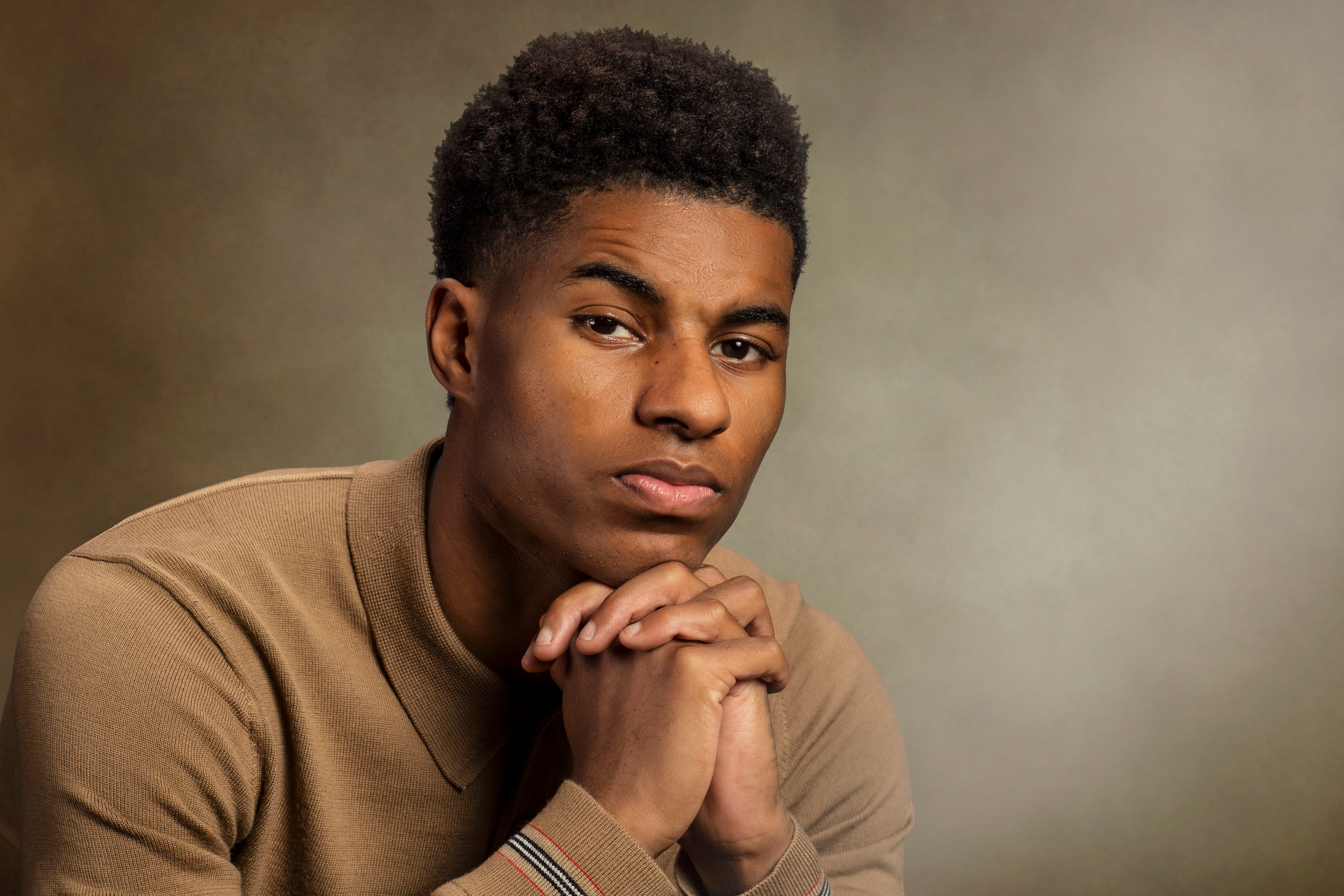Individuals, not politicians, have made the biggest difference this year – and we must not forget it
It is striking that, when there is no political agenda, things get done – and quickly


The most significant campaigns this year have been instigated by members of the public, not politicians. It is striking that, when there is no political agenda, things get done – and quickly.
Manchester United footballer Marcus Rashford, who led a campaign urging the government to extend the free school meals programme through the holidays, summed it up best. “We must stop stigmatising, judging and pointing fingers. Our views are being clouded by political affiliation,” he said. “This is not politics; this is humanity. We talk about the devastating impact of Covid-19 but, if projections are anything to go by, child food poverty has the potential to become the greatest pandemic the country has ever faced.”
Helping the disadvantaged should have nothing to do with political point scoring; it is about common human decency, compassion and altruism. There should not be any hidden agenda.
It was the same this summer after it emerged that examination boards had used a computerised algorithm to determine A-Level results. Many students missed out on places at their chosen universities because they were not awarded their predicted grades.
This sparked mass outrage, with students protesting in Parliament Square. The public outcry culminated in a government U-turn – it announced that grades predicted by teachers would, in fact, be accepted for university entrance. Again, this was not about politics but ensuring that young students were given the best opportunity to succeed.
Annemarie Plas, meanwhile, was credited for founding Clap for Our Carers, which inspired millions of people to applaud NHS staff and key workers every Thursday during the first weeks of lockdown. On the 10th and final week of the event, she said it was the responsibility of “the people that are in power... to reward and give them [key workers] the respect they deserve”. And yet it fell to Captain Sir Thomas Moore to step in and lead the way, where the government had failed.
Back in April, during the first lockdown, campaign group CharitySoWhite warned that Bame communities would be disproportionately affected by Covid-19. CharitySoWhite’s aim is to encourage charity leaders to prioritise honest conversations about racism, publicly acknowledge racism within the sector and commit to tackling institutional racism.
CharitySoWhite’s work was not in vain. In May, the government gave in to pressure regarding the controversial NHS surcharge for migrant staff following emotional appeals from NHS staff, care workers and campaigners.
Throughout this year, the pandemic has highlighted structural racism in every aspect of society. Numerous studies were conducted, all of which confirmed what many individuals and organisations had been stressing for months – that Covid-19 has a disproportionate effect on Bame communities, not just because of socioeconomic reasons, but because of unequal treatment. The Public Health England report in June 2020, for example, claimed that Bame frontline workers were sometimes given PPE that was substandard or inadequate “given the nature of their roles and the risk of exposure”.
Despite recommendations from organisations, such as the South Asian Health Foundation, the Runnymede Trust, and the Scientific Pandemic Influenza Group on Behaviours, to organise testing for ethnic minority workers and their households, implementing outreach campaigns through local authorities, community groups, faith groups, and voluntary and third sector organisations, little has been implemented as policy by the government – which is exactly why we must continue to make noise.
Successful campaigns connect to the emotions. They engage with the audience and have the power to change behaviour and create positive outcomes. It is the public who have been the driving force behind the initiatives that have helped so many during 2020. Let’s keep the pressure up next year.
Join our commenting forum
Join thought-provoking conversations, follow other Independent readers and see their replies
Comments


Bookmark popover
Removed from bookmarks